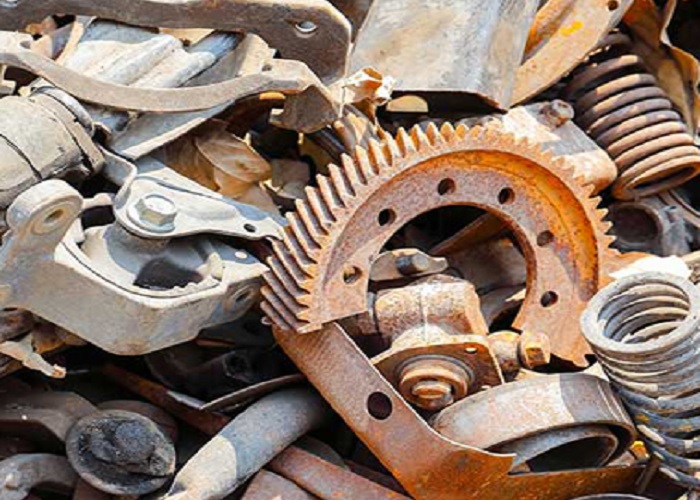Scrap metal is one of the most interesting commodities in the world of economics. From production to recycling, the scrap metal industry is crucial to many other industries such as construction and automotive. Though it may not be the first thing that comes to mind when thinking of economic factors, scrap metal’s impact on global markets is undeniable. In this blog post, we’ll dive into the economics of scrap metal and explore its impact on global markets.

Scrap metal is just what it sounds like – metal waste that is recycled for reuse in manufacturing and construction. The scrap metal industry is a major contributor to the global economy, with over 600 million tons produced annually worth an estimated $500 billion dollars. As countries look to reduce waste and increase sustainability, the scrap metal industry continues to grow, making it an increasingly important player in the global economy.
One of the biggest drivers of the scrap metal industry is China’s demand for metal. The country is the largest consumer of metals worldwide, and its economic growth has created a massive demand for metal. The Chinese government has also implemented strict regulations on their own mining industry in an effort to reduce pollution, which has led to an increase in demand for scrap metal as a more sustainable alternative.
The price of scrap metal is also greatly impacted by global events, especially those related to trade. For example, the 2018 United States tariffs on steel and aluminium imports led to a shortage of domestic metal supply, increasing demand for scrap. This, in turn, drove up the price of scrap metal globally. Similarly, political instability and trade wars can cause fluctuations in the global economy, which can impact the price of scrap metal.
The scrap metal industry also plays an important role in sustainability efforts. Recycling scrap metal uses less energy than mining new metals, making it an environmentally friendly alternative. Additionally, the industry helps keep metal waste out of landfills and reduce the need for new landfills. As more countries aim to reduce their carbon footprint and minimise waste, the demand for scrap metal will likely continue to increase.
One potential challenge for the scrap metal industry is the rise of technology. As technology advances, materials like carbon fibre and aluminium are becoming more common, which could eventually lead to a decrease in demand for traditional metals. However, the demand for scrap metal for use in other industries will likely remain strong, making it a valuable commodity for years to come.
Conclusion
The scrap metal industry plays a vital role in the global economy and its impact on world markets cannot be ignored. From the demand for metals in China, to the influence of global events, to sustainability efforts, scrap metal has far-reaching implications. As technology advances and new materials become more prevalent, the industry may face challenges, but overall, scrap metal is likely to remain an important player in the global economy for years to come.
